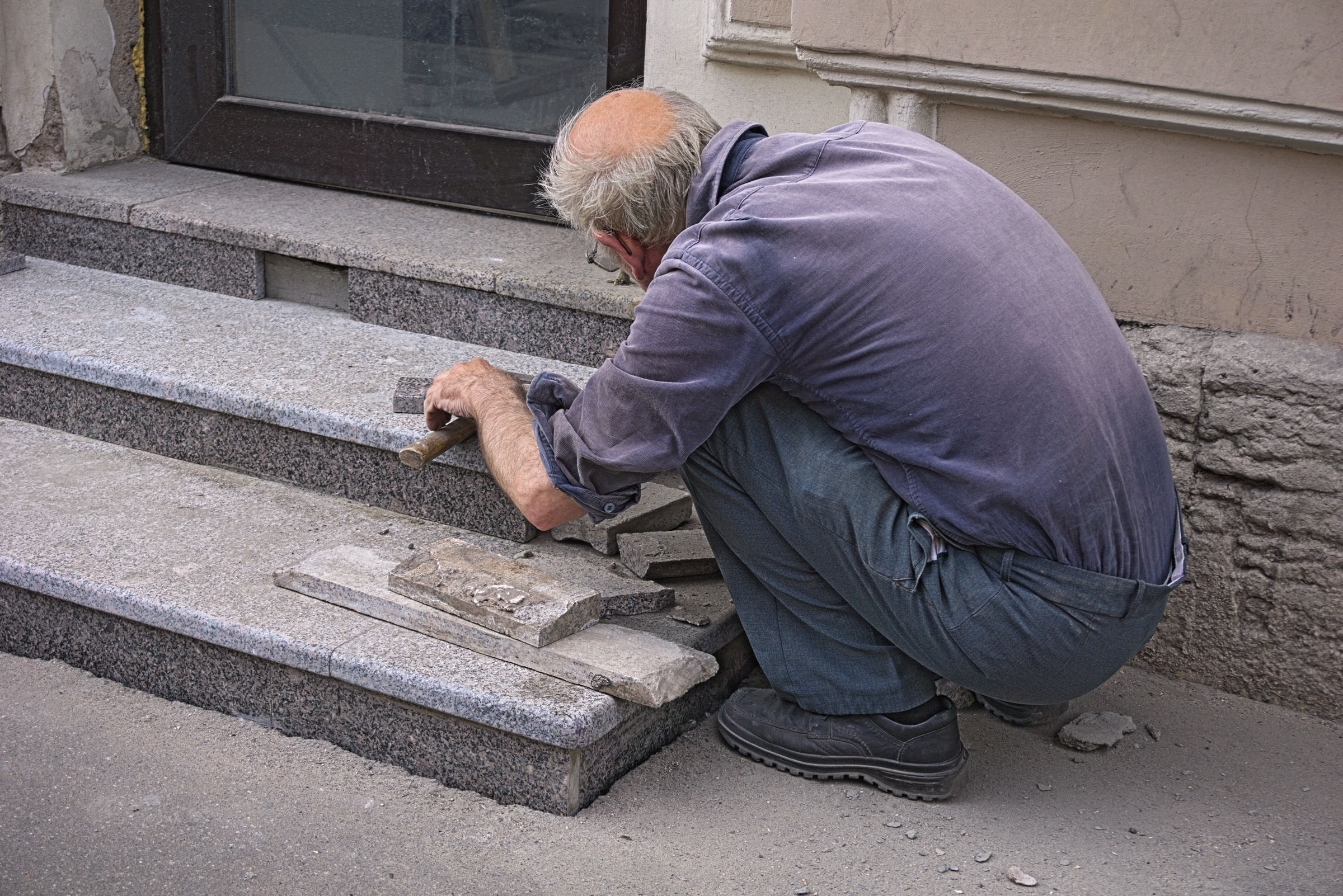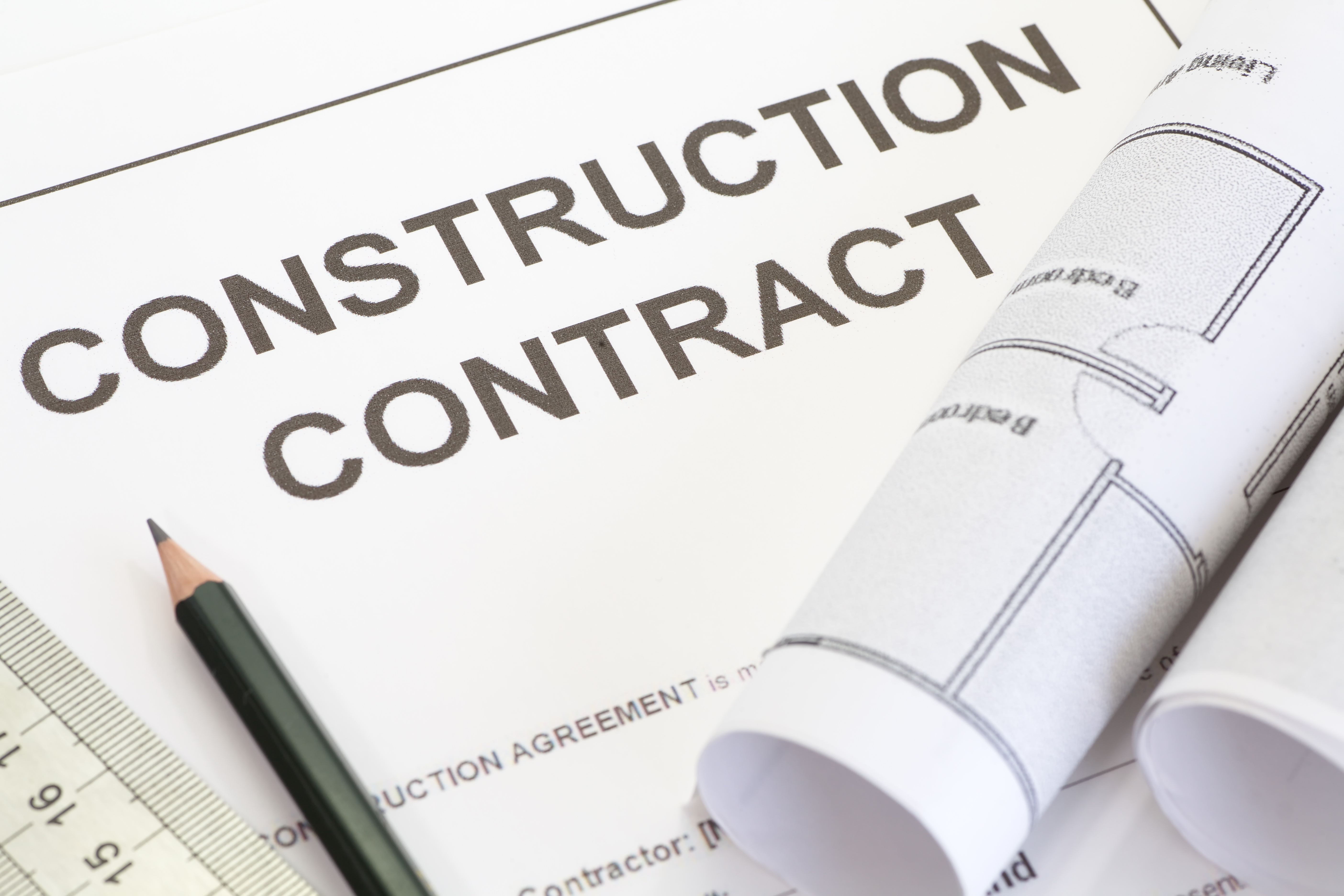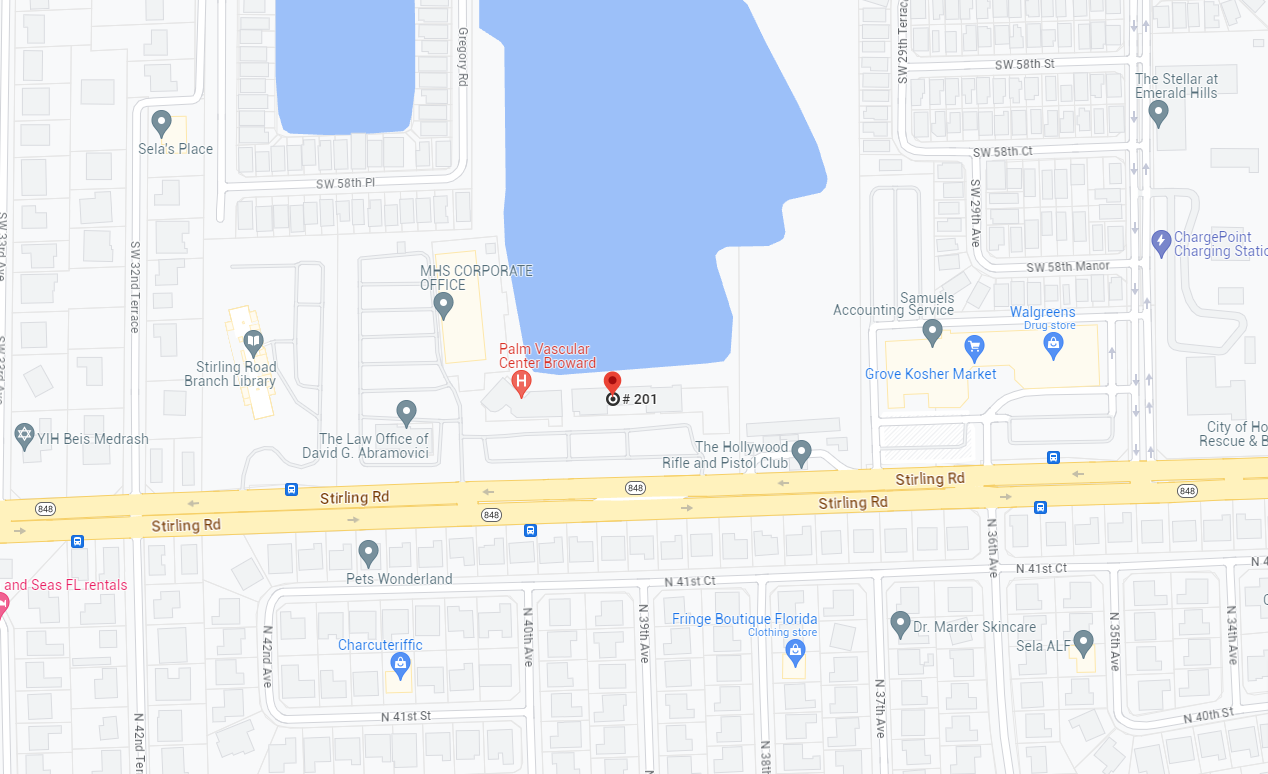Enforcing Construction Liens: The Importance of Punctuality
“If you’re not early, you’re late.”—Vince Lombardi
While there are many different variations of exactly what the great Vince Lombardi stated regarding punctuality, his message on the importance of punctuality cannot be overstated. Punctuality is important in nearly every aspect of our lives. Punctuality can set the tone for our relationships, both personally and professionally, and could, perhaps, make or break a business deal. Punctuality has been said to be the “soul of business” (Thomas C. Haliburton). However, it is important to remember that the concept of punctuality is not limited to simply arriving at a place at the right time (or early), but, rather, about taking actions at the right time. For this reason, punctuality is, perhaps, most important in the legal realm, because failing to take specific actions at the right time could cause you to forfeit important legal rights.
In Florida, a contractor, subcontractor, or supplier has the legal right to place a lien on a project owner’s property when he or she doesn’t get paid; however, in order to preserve those rights, the contractor, subcontractor, or supplier must take certain actions at the right time. For example, a contractor that has a direct contract with the project owner may be able to simply file a Claim of Lien within 90 days after completing its final work at the project. But a subcontractor or supplier without a direct contract with the project owner must take additional steps, such as providing a Notice to Owner not later than 45 days after beginning work, or first supplying materials, at the project. Similarly, when the project is bonded, the subcontractor or supplier must provide a Notice of Nonpayment to the surety in order to claim rights under the payment bond. Failure to provide any of the notices within the required time periods, or to timely file a Claim of Lien, will cause the contractor, subcontractor, or supplier to forfeit their lien rights and, possibly, their ability to be paid for the work or materials provided to the project.
If you are a contractor, subcontractor, or supplier in Broward, Miami-Dade, or Palm Beach County, and would like to ensure that you are properly preserving your lien rights, then schedule a consultation with a Broward County construction lawyer by calling (954) 764-6766 or by completing the contact form on this page.
Understanding Your Rights Regarding OSHA Violations
It’s so frustrating. As a contractor, you not only have to make sure you complete your scope of work on a project in accordance with the contract documents, design drawings, specifications, and building codes, while keeping track of all change orders, payments, and scheduling issues; you also have to ensure that all OSHA safety regulations are met, and that all of your employees are in strict compliance with the regulations at all times. It only takes one mistake, shortcut, or oversight, and an OSHA Compliance Officer is lurking to pounce at the job site to write a citation. Of course, barring injury, the penalty for the first citation is usually minor—a relatively small fine and some required OSHA training or continuing education classes. After the first violation is on your company’s record, however, it’s the possibility of a second citation in the future that is worrisome, because the fines for a second violation can often exceed $10,000.00.
Due to the threat of significant punishment for a second violation, it is usu ally in a contractor’s best interest to challenge the first citation to prevent even a single blemish on the company’s record. Challenges to citations for what may initially seem like an open-shut OSHA violation can often be successful, because OSHA must prove that the violation actually occurred—rather, the mere fact that the contractor received a citation is not enough. In general, OSHA must prove the following: (1) the regulation that was allegedly violated is applicable; (2) the hazard actually existed; (3) an employee was exposed to the hazard; and (4) the employer knew, or should have known, of the violation. If OSHA fails to prove even one of these elements, the citation will be dismissed.
ally in a contractor’s best interest to challenge the first citation to prevent even a single blemish on the company’s record. Challenges to citations for what may initially seem like an open-shut OSHA violation can often be successful, because OSHA must prove that the violation actually occurred—rather, the mere fact that the contractor received a citation is not enough. In general, OSHA must prove the following: (1) the regulation that was allegedly violated is applicable; (2) the hazard actually existed; (3) an employee was exposed to the hazard; and (4) the employer knew, or should have known, of the violation. If OSHA fails to prove even one of these elements, the citation will be dismissed.
Regarding the first element, it is possible that an OSHA compliance officer cited the wrong regulation. For example, in a situation where a contractor bores a concrete core through a roof, and the core falls to the next lower level and injures someone, there may not be an OSHA regulation that specifically requires a contractor to take certain safety precautions to prevent the concrete core from falling through its own hole. However, because someone was injured, an OSHA compliance officer may write the contractor a citation for failing to provide adequate fall protection (or a similar regulation). Such a regulation would likely not be applicable, because fall protection regulations are intended to prevent objects from falling off the ledge of a higher level, not to prevent a concrete core from falling directly through the hole from which it was drilled.
Regarding the second element, if, for example, a contractor is cited for failing to provide cave-in protection, such as a trench box, after excavating a trench through rock or limestone, OSHA would not be able to prove its case, because the hazard of a potential cave-in does not actually exist. Cave-in protection regulations are intended to protect excavation workers from the potential hazard of the sides of a trench caving in. But where a trench is dug into solid rock or another type of extremely hard surface, the sides of the trench are also solid and not susceptible to any type of cave-in.
Regarding the third element, if, for example, an excavation includes a trench of varying depths, and the contractor failed to provide cave-in protection, OSHA would have to prove that an employee was actually in the portion of the trench that was greater than five feet in depth. Thus, if OSHA could prove only that an employee was in the trench somewhere, but could not show that the employee was in the deeper areas of the trench, OSHA would fail to prove its case.
Finally, regarding the fourth element, if a contractor makes every effort to ensure that his or her company and employees are in compliance with all OSHA regulations, but one of the employees goes rogue and refuses (or forgets) to comply with a particular regulation while you are away from the job site, OSHA would likely not be able to prove that the contractor knew or should have known of the violation.
If you are a contractor in Broward, Miami-Dade, or Palm Beach County, and need legal representation to challenge an OSHA citation, then schedule a consultation with a Broward County construction lawyer by calling (954) 764-6766 or by completing the contact form on this page.
Repairing Construction Defects at Your Home
Whether you are building a home, adding on to your home, or repairing your home (such as replacing your roof), it is important to you that the construction is done properly. There is nothing more frustrating than discovering that the construction was defective, and now, instead of enjoying your home,  you are left with more problems than you ever wanted. As a Florida construction lawyer, and a homeowner, I understand how frustrating these situations can be. If you are in a similar situation, it is important that you follow certain procedures under Chapter 558 of the Florida Statutes before you repair or fix the defective conditions.
you are left with more problems than you ever wanted. As a Florida construction lawyer, and a homeowner, I understand how frustrating these situations can be. If you are in a similar situation, it is important that you follow certain procedures under Chapter 558 of the Florida Statutes before you repair or fix the defective conditions.
First, you must provide the builders or contractors with written notice of the defective condition, and give them an opportunity to inspect the condition and possibly repair the defect. Second, the builder or contractor may need to notify other subcontractors or suppliers to inform them of the defective condition. Third, every person that has been notified of the defective condition at your property must respond to you within a certain amount of time. In their responses, the builders, contractors, subcontractors, or suppliers may admit that they made a mistake and offer to repair the defect. This is, of course, the best case scenario. However, more often than not, the builders or contractors may tell you that the defect was not their fault, and refuse to take any action to repair the defect. This leaves you with a defective condition at your home that needs repair, but with nobody accepting the responsibility to actually repair or fix it.
If you have taken the proper steps under Florida law, then you should be able to hold the builder or contractor responsible for the repairs to your home. You deserve to have the construction or repairs at your home completed properly, without defects. If you live in Broward County, Miami-Dade County or Palm Beach County, and you need assistance with correcting or repairing a defective condition at your home, please contact a South Florida construction lawyer by calling (954) 764-6766.
Is a “Pay-When-Paid” Provision in a Construction Contract Enforceable?
“I can’t pay you until I first get paid by the owner.” This phrase, or something similar, is used too often in construction projects in South Florida, throughout Broward, Miami-Dade, and Palm Beach Counties, by general contractors seeking to avoid payment to a subcontractor before the general contractor has received payment from the project owner for work completed by the subcontractor. Often, the general contractor will point out a clause or provision in the subcontract and claim it has the right to refuse payment to the subcontractor until it receives payment from the owner. This type of subcontract clause is known as a “pay-when-paid” provision or “contingent payment” clause.
Under Florida law, “pay-when-paid” provisions are not always enforceable. This is because Florida courts recognize that many subcontractors must receive payment for their work within a timely manner in order to remain in business. Simply put, the subcontractor has a direct contract with the general contractor,  not with the project owner, and when the subcontractor performs work at the project, the subcontractor deserves to be paid for that work. So, in circumstances where the project owner fails to pay the general contractor, the general contractor is often still required to pay the subcontractor.
not with the project owner, and when the subcontractor performs work at the project, the subcontractor deserves to be paid for that work. So, in circumstances where the project owner fails to pay the general contractor, the general contractor is often still required to pay the subcontractor.
In order for a “pay-when-paid” provision to be enforceable, and to effectively transfer the risk of the project owner’s nonpayment from the general contractor to the subcontractor, the subcontract terms must be absolutely clear that the subcontractor fully accepts the risk that the owner may not pay the general contractor, and understands that the subcontractor will be paid for its work only after the general contractor is paid. Unless the subcontract terms and provisions are absolutely clear that payment to the general contractor by the owner is a condition to payment for work performed under the subcontract, the “pay-when-paid” provision is likely not enforceable.
If you are a contractor in South Florida (Broward, Miami-Dade, or Palm Beach), and you are wondering whether a “pay-when-paid” clause in a subcontract is enforceable under Florida law, please call our law firm in Fort Lauderdale at (954) 764-6766 to schedule a consultation with a Broward County construction lawyer.
Fla. Stat. § 489.128 Now Allows Payment to Some Unlicensed Contractors
By: E. Scott Golden
Because of the way courts have construed a recent change in Florida law, an unlicensed contractor may, in some circustances, be able to be paid through a court proceeding. Until recently, that was not the case.
Under the old law, if a contractor was required to have a license to perform his services, but did not have a license, he could not recover anything in court if he was not paid. Fla. Stat. §489.128 (which precludes any relief “in law or equity by the unlicensed contractor.”) That has now changed, in certain circumstances.
In the case of MGM Constr. Svcs Corp. v. Travelers Cas. & Sur., 57 So. 3d 884 (Fla. 3d DCA 2011), the Third District Court of Appeal decided that, because of a recent change in the language of Section 489.128, if a contractor does not need to have a state license, but needs to have a county license, and fails to procure the county license, the contractor is not precluded by 489.128 from seeking affirmative relief in court. This is a change from prior law (which continues to control for contractors who are required to have a state license).
We now have four situations when an unlicensed contractor performs services:
1. State license required for the type of work being done: The contract is completely unenforceable in law and equity if the contractor did not have a license. In at least one district (the 1st Distrcit Court of Appeal in North Florida), a person that has paid the unlicensed contractor is entitled to seek disgorgement of the money that has been paid, despite getting to keep the benefit of the contractor’s work.
2. No state license required, but county license required, for the work being done, and county ordinance does not say that a contract by an unlicensed contractor is unenforceable: The contract is not automatically unenforceable (at least in the 3d DCA in the MGM Construction case). There is a series of factors to be weighed, which are listed in MGM in order to determine enforceability.
3. No state license required, but county license required, for the work being done, and county ordinance says that a contract by an unlicensed contract is unenforceable: MGM does not directly address this, but the decision intimates that the contract would not be enforceable
4. No state or county license required: The contract is generally enforceable.
If you need to consult with a Fort Lauderdale construction attorney regarding an issue involving an unlicensed contractor, then please contact our firm at (954) 764-6766 to schedule an appointment.






